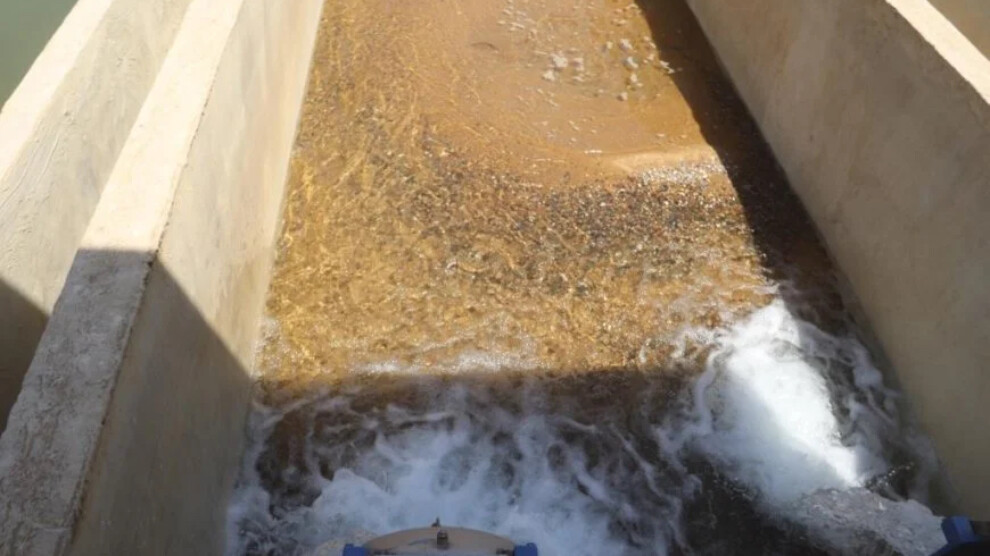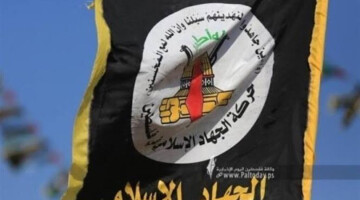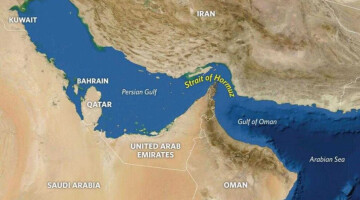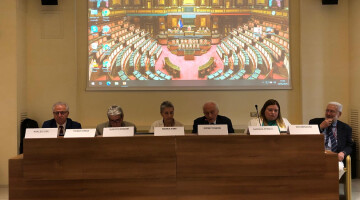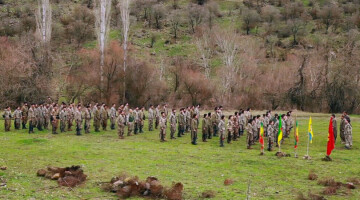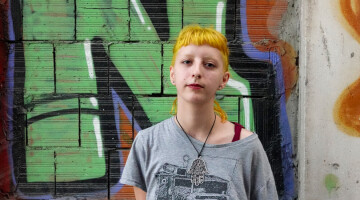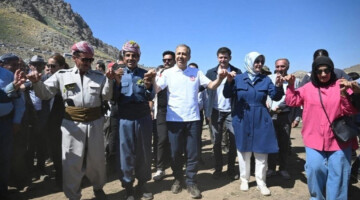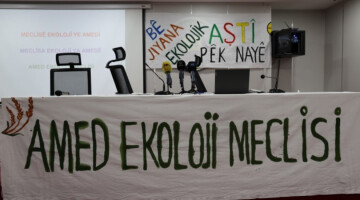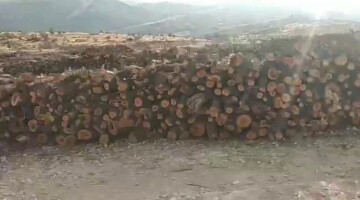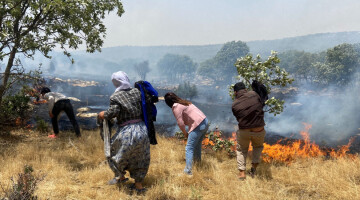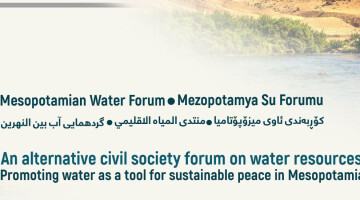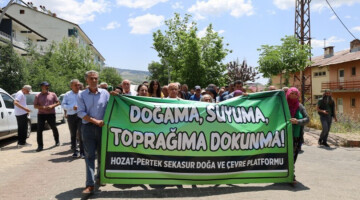The water level in the Euphrates River is falling every day, especially in Lake Euphrates, whose level has dropped to 6 meters. As a result, drinking water has also become contaminated. In response, the Raqqa Water Directorate is taking measures to combat the pollution.
A large population in the city of Raqqa and its surrounding countryside meets its needs from the water of the Euphrates River. After being desalinated, the river water is distributed throughout the city by means of dynamos.
Speaking to ANHA, Hisên El Cerceb, co-chair of the Raqqa Water Directorate, said that there has been a significant decrease in the water flow of the Euphrates River, which has directly affected the quality of drinking water in Raqqa, and that the pollution rate in drinking water distributed to homes has increased.
Since 2020, the occupying Turkish state has significantly reduced the amount of the Euphrates River water that should be released into Northern Syria, causing the water level to drop and recede from vast areas of land. As a result, the lakes built behind dams in northern and eastern Syria have lost significant amounts of their strategic reserves.
According to a report by the National Water Center, water pollution has exceeded 5 percent, prompting the Raqqa Water Directorate to take urgent measures to address the situation.
To this end, a team has been formed to work through the night to clean the city's water network. The aim is to reduce pollution levels and bring water quality to an acceptable level.
The Directorate plans to drill wells in the near future. These wells will naturally filter out sand before the water reaches the water network.
The city's water pumping rate is 12,000 cubic meters per second. In addition to 40 water pumping stations in Raqqa and its rural areas, there are support stations such as Bîra El Heşem, Esediyê Wahid, El Meslex, and El Cezra.

